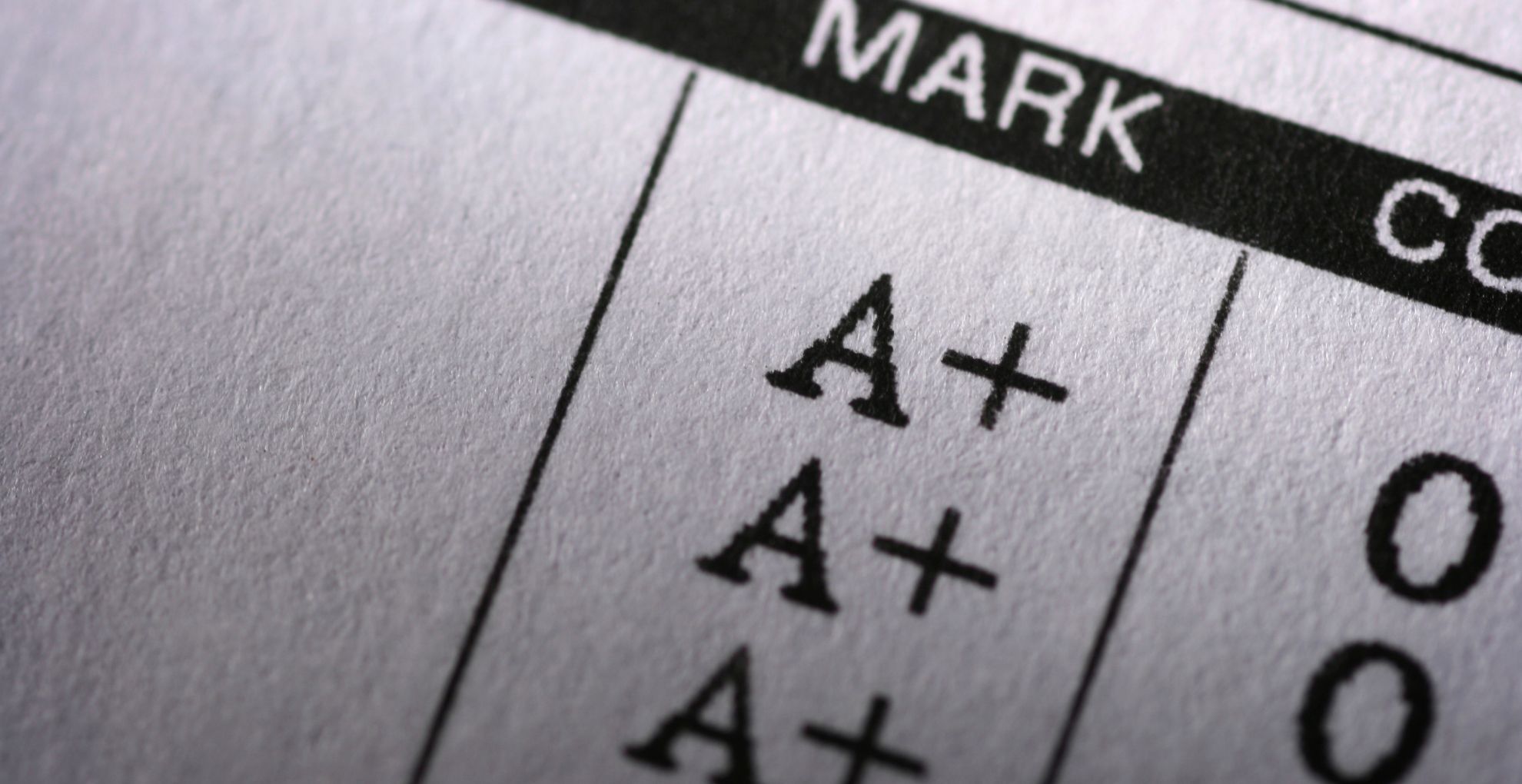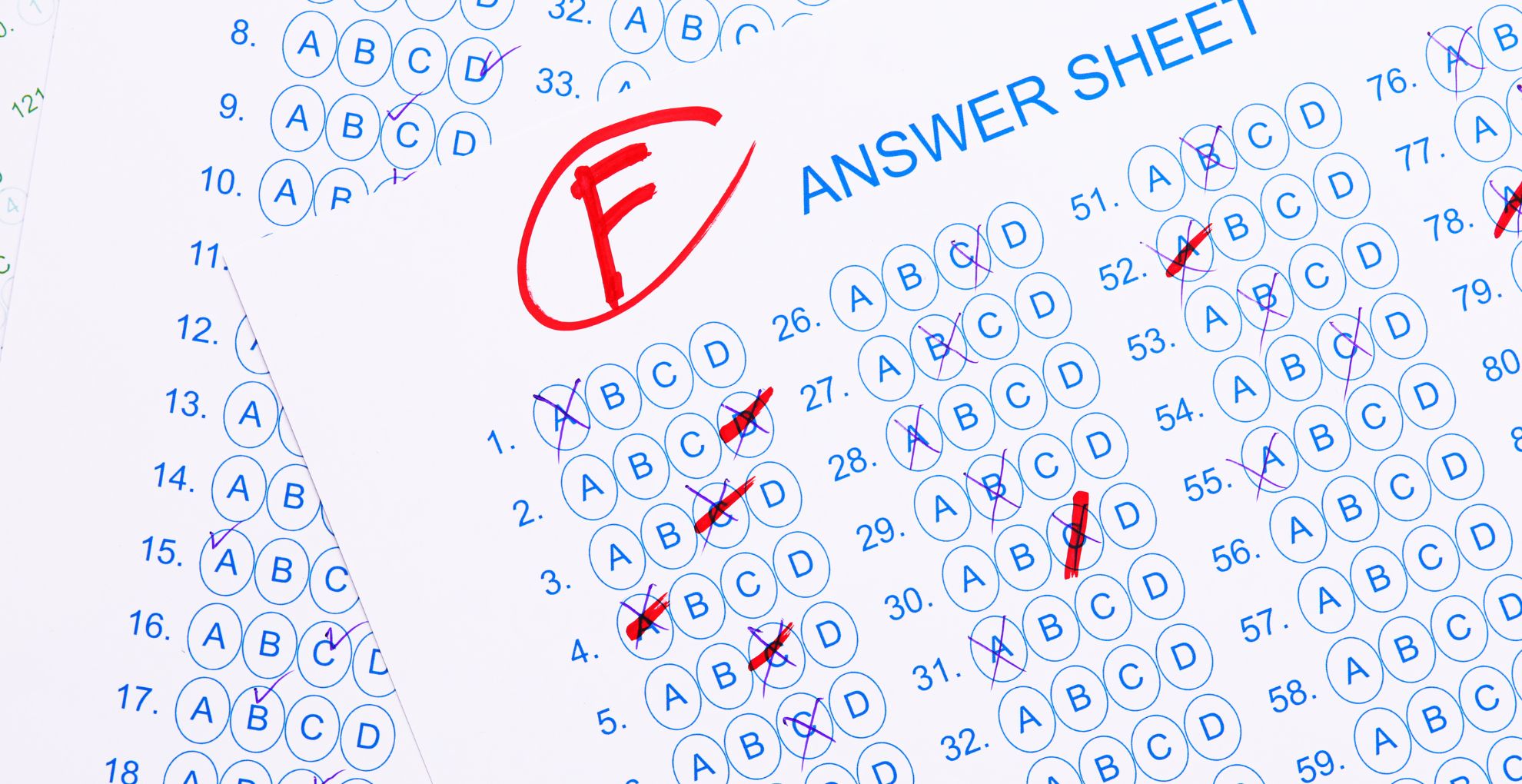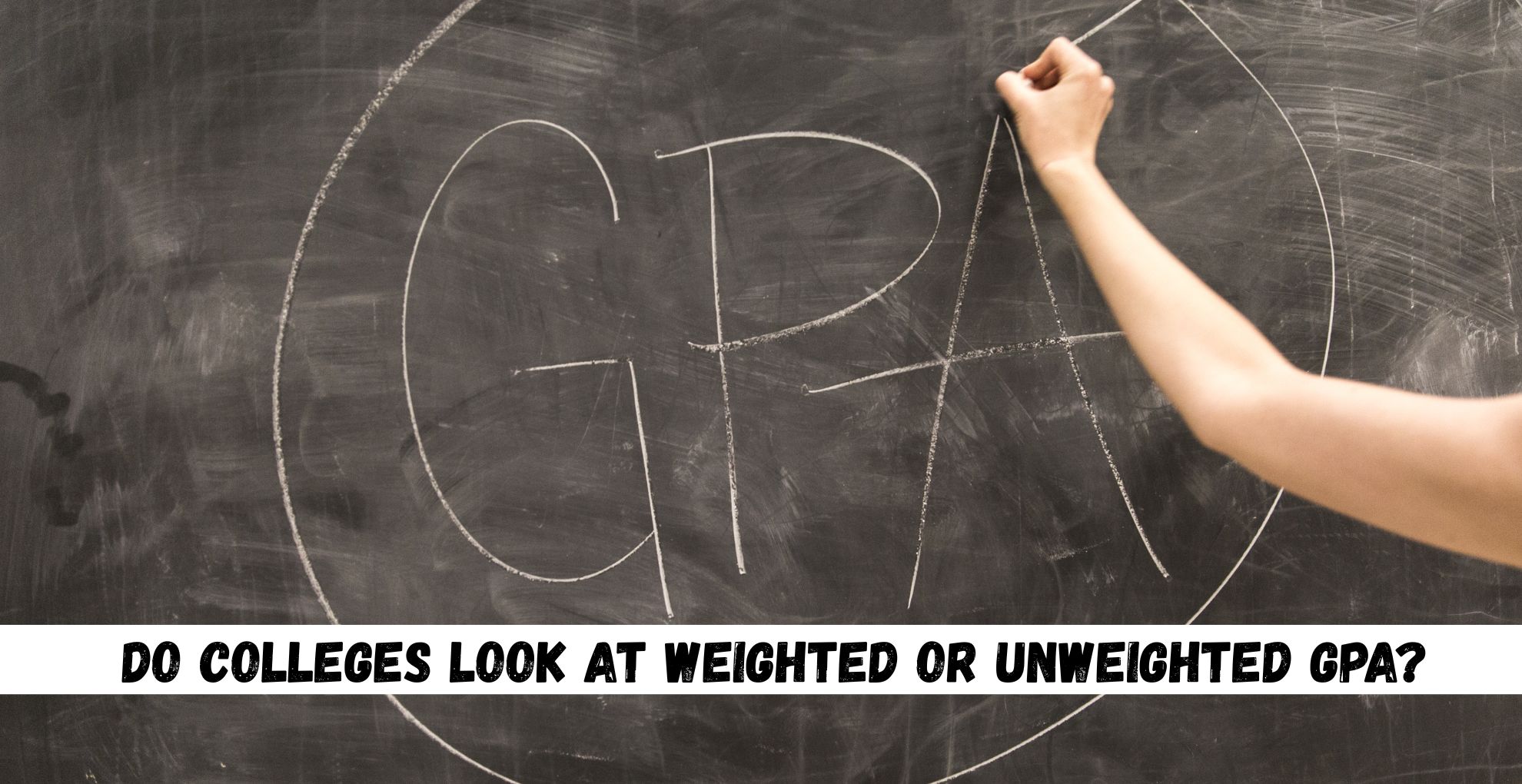Imagine spending years working hard in high school—late nights studying for AP exams, balancing extracurriculars, and aiming for straight As. When it’s time to apply to college, a single question lingers in your mind: Do colleges look at weighted or unweighted GPA?
This question worries thousands of students and parents every year. And rightly so. GPAs are one of the most commonly misunderstood parts of the college admissions process. In this article, we’ll break down everything you need to know—without the jargon, without the myths—so you can confidently navigate your college journey.
Understanding the Basics of GPA
What Is GPA and Why Does It Matter
A GPA, or Grade Point Average, is a number that summarizes your academic performance in high school. It’s a quick way for colleges to understand how well you’ve done over the years. But here’s the catch: not all GPAs are created equal. Some students attend schools that give extra weight to harder classes, while others don’t. That’s where the whole do colleges look at weighted or unweighted GPA debate begins.

The Difference Between Weighted and Unweighted GPA
Let’s simplify it:
- Unweighted GPA: Calculated on a 4.0 scale. Every class is treated equally—an A in gym counts the same as an A in AP Chemistry.
- Weighted GPA: Gives bonus points for harder classes like AP, IB, or honors. An A in AP Biology might be worth a 4.5 or even a 5.0.
So if your school gives you a 4.8 GPA, that’s likely a weighted GPA. If your GPA is 4.0 or lower, it’s probably unweighted.
How GPAs Are Calculated in High School
Calculating Unweighted GPA
Unweighted GPAs are easy to understand. Schools usually use a 4.0 scale: an A is worth 4.0, a B equals 3.0, a C is 2.0, a D equals 1.0, and an F is 0. You simply average the numerical values of your final grades across all your classes. This straightforward approach treats all subjects equally, regardless of difficulty.
Calculating Weighted GPA
Weighted GPAs vary more widely and depend on your school’s specific system. Some high schools add 0.5 points for honors classes and 1.0 points for AP or IB classes. Others may have different adjustments. For instance, if you receive an A in AP English, your school might calculate that as a 5.0 instead of a 4.0. This reflects the added difficulty of the class. However, since there’s no national standard for weighting GPAs, colleges often take matters into their own hands by recalculating them using their formulas. That’s why the question of whether colleges look at weighted or unweighted GPAs isn’t always straightforward.

What Colleges Care About
Do Colleges Prefer Weighted or Unweighted GPA?
Here’s what most people get wrong: do colleges look at weighted or unweighted GPA isn’t about which one they “prefer.” Colleges don’t prefer one over the other because they know every high school does it differently. Some don’t even give out weighted GPAs at all. Admissions officers are trained to read transcripts and see the story behind the numbers. They ask:
- Did the students challenge themselves?
- Did they perform well in difficult courses?
- Are there upward trends in their grades?
The Holistic Admissions Approach
Colleges don’t just plug your GPA into a calculator and hit “accept” or “deny.” They read between the lines. A student with a 3.8 unweighted GPA who took 5 AP classes may impress more than one with a 4.2 weighted GPA but easier coursework. In other words, context is everything. When asking, do colleges look at weighted or unweighted GPA, the real answer is—they look at both, and they dig deeper.
How Colleges Evaluate GPAs
Recalculation Behind the Scenes
Some colleges recalculate your GPA entirely. This is especially true for big state systems like the University of California or the University of Michigan.
They might:
- Strip out non-academic classes like gym or health
- Include only core subjects (Math, Science, English, Social Studies, Foreign Language)
- Assign their point values to different course levels
So even if you report your weighted GPA, it doesn’t mean that’s what the college uses.
The Importance of the School Profile
Every college application comes with a school profile submitted by your counselor. This document tells admissions officers:
- What classes were available
- Whether your school weights GPAs
- The grading scale used
- How rigorous your course load is relative to your peers
That’s how colleges put your GPA into perspective. Again, they’re not just asking Do colleges look at weighted or unweighted GPA—they’re asking what your GPA says about your effort and academic choices.
Actionable Tips for Students
Challenge Yourself—but Wisely
Colleges value rigor. That means:
- Take AP, IB, or honors classes when you can.
- But don’t overload yourself. Burning out helps no one.
- Balance your schedule with your mental health and extracurriculars.
If you’re asking yourself whether it’s better to get an A in regular chemistry or a B in AP Chemistry, the answer is: it depends. Colleges admire students who challenge themselves, but not at the expense of their well-being.
Reporting Your GPA Accurately
When filling out applications:
- If asked for both, report both weighted and unweighted GPAs.
- If only one is requested and it’s not specified, lean toward the weighted GPA.
- Always match what your school transcript says.
- Use the “Additional Information” section if you think your GPA needs explanation.
Being transparent helps colleges understand your academic background and takes the guesswork out of the Do colleges look at weighted or unweighted GPA question.
Common Misconceptions About GPA
Some students think they’re at a disadvantage because their school doesn’t offer weighted GPAs. That’s simply not true. Others believe having a 4.5 GPA guarantees acceptance to top schools. That’s also false. Let’s debunk a few myths:
Myth: Weighted GPAs are more impressive.
Fact: Colleges care more about what’s behind the GPA than the number itself.
Myth: Unweighted GPAs are outdated.
Fact: They show raw academic performance and are still valuable.
Myth: Perfect GPA = guaranteed admission.
Fact: Many students with perfect GPAs are rejected from elite schools every year.
The real takeaway? Focus on effort, growth, and course selection—not just numbers.

FAQs About Weighted and Unweighted GPAs
Do colleges look at weighted or unweighted GPAs when reviewing applications?
Most colleges look at both or recalculate the GPA. They evaluate your grades in the context of the school you attended.
Can I list my weighted GPA even if my school doesn’t use one?
Only if your school calculates a weighted GPA. Never guess or estimate a number—just report what’s on your transcript.
What if my GPA isn’t a 4.0? Can I still get into a good college?
Absolutely. Many schools use holistic admissions. Your essays, extracurriculars, course rigor, and personal story all matter.
Should I take AP classes even if they lower my GPA?
If you can handle the workload, yes. Taking advanced classes shows initiative and intellectual curiosity.
How do colleges view GPAs from different high schools?
They rely on the school profile and admissions training to understand your academic background. You are not penalized for your school’s grading policy.
Final Thoughts: You Are More Than a Number
If you’ve made it this far, you already understand that the real question isn’t just whether colleges look at weighted or unweighted GPA, but how your academic story fits into a bigger picture. Admissions officers aren’t hunting for robots with 5.0 GPAs. They’re looking for real humans—curious, passionate, driven, and resilient.
Your GPA matters, but it doesn’t define you. Focus on growth. Take risks. Be kind to yourself. And when you hit that “submit” button on your college application, know that your effort, not just your GPA, is what truly shines.
Check more informational articles on our website.




